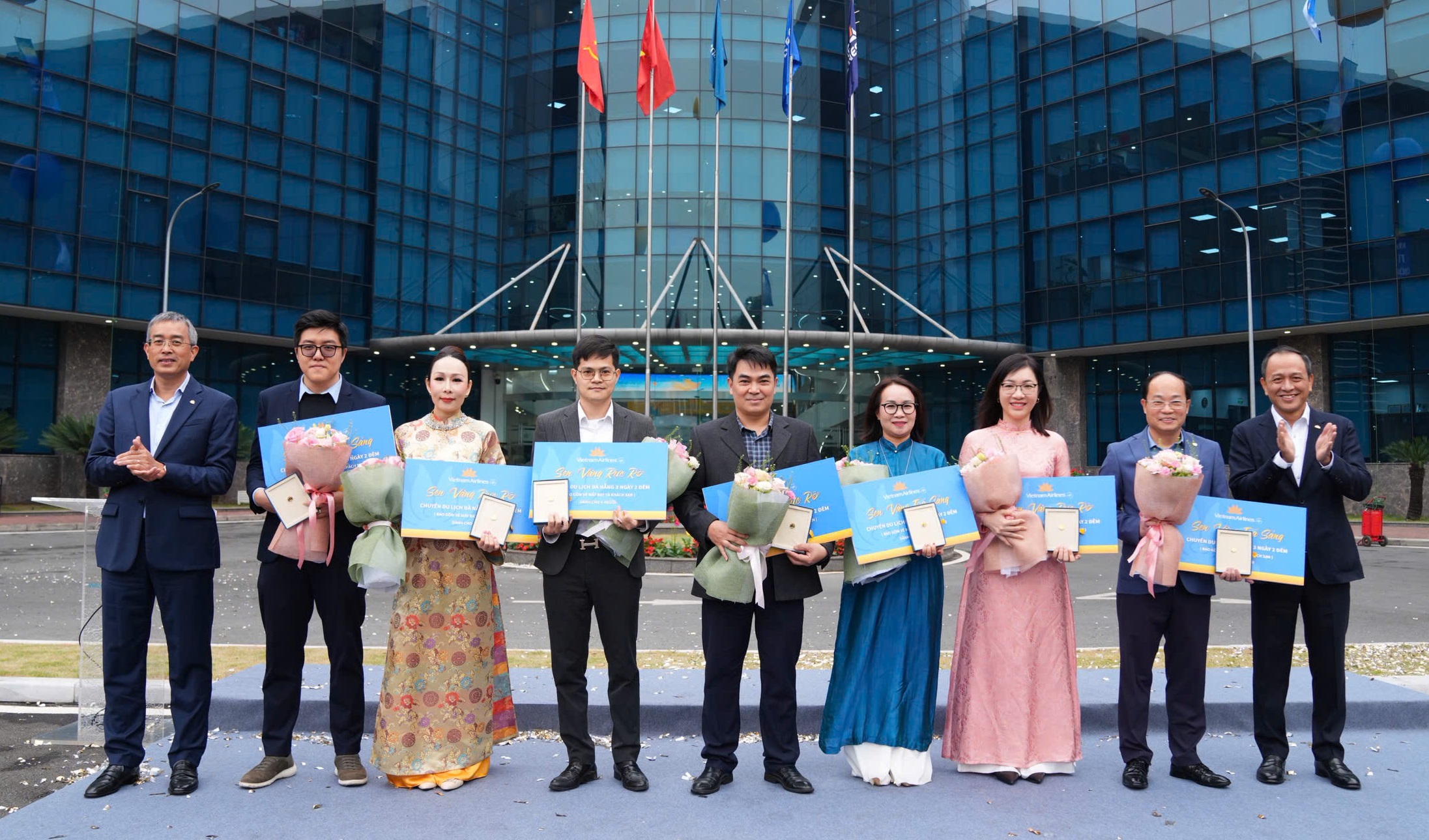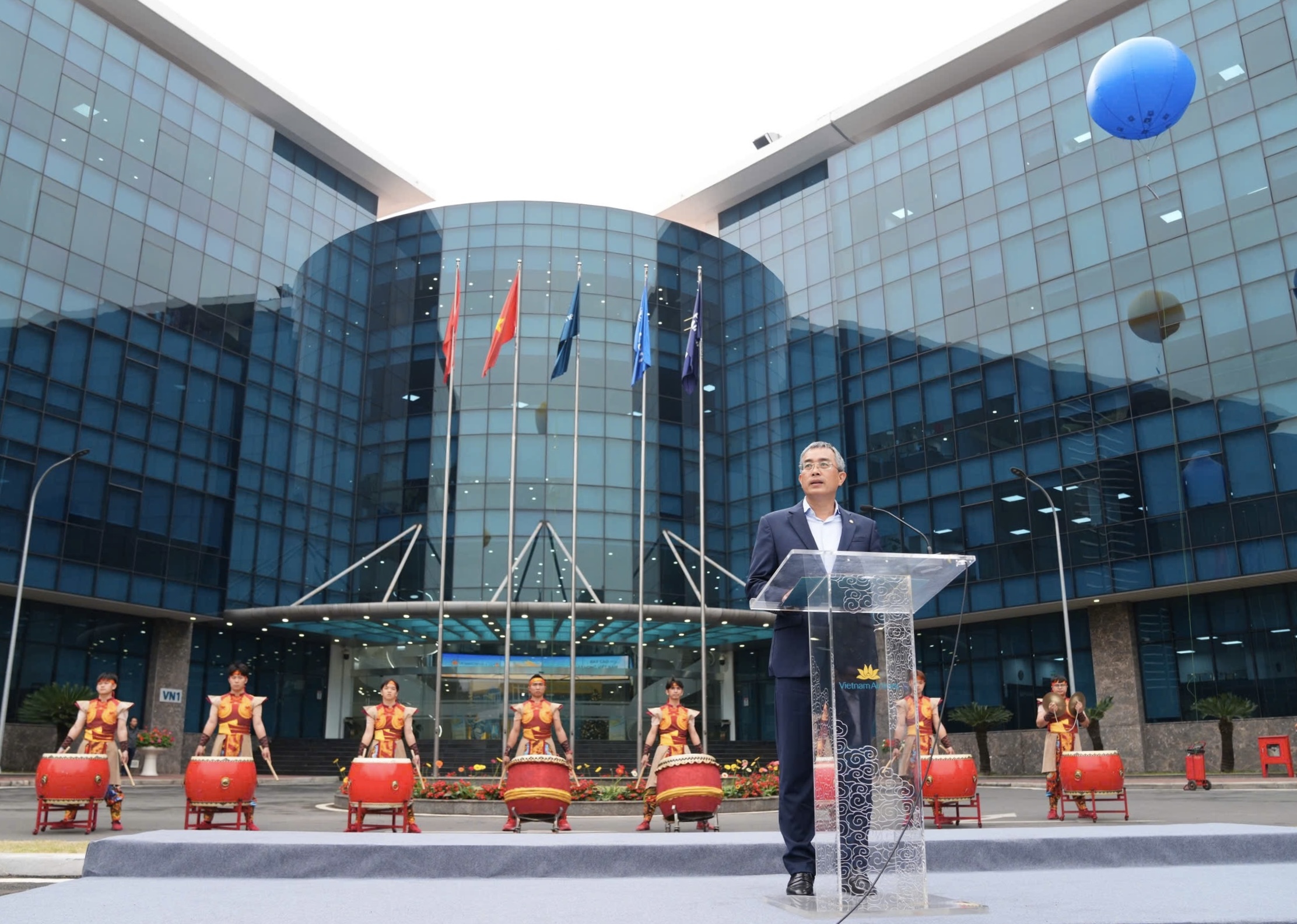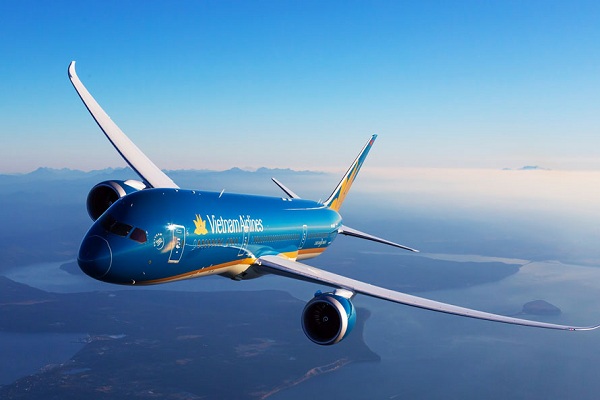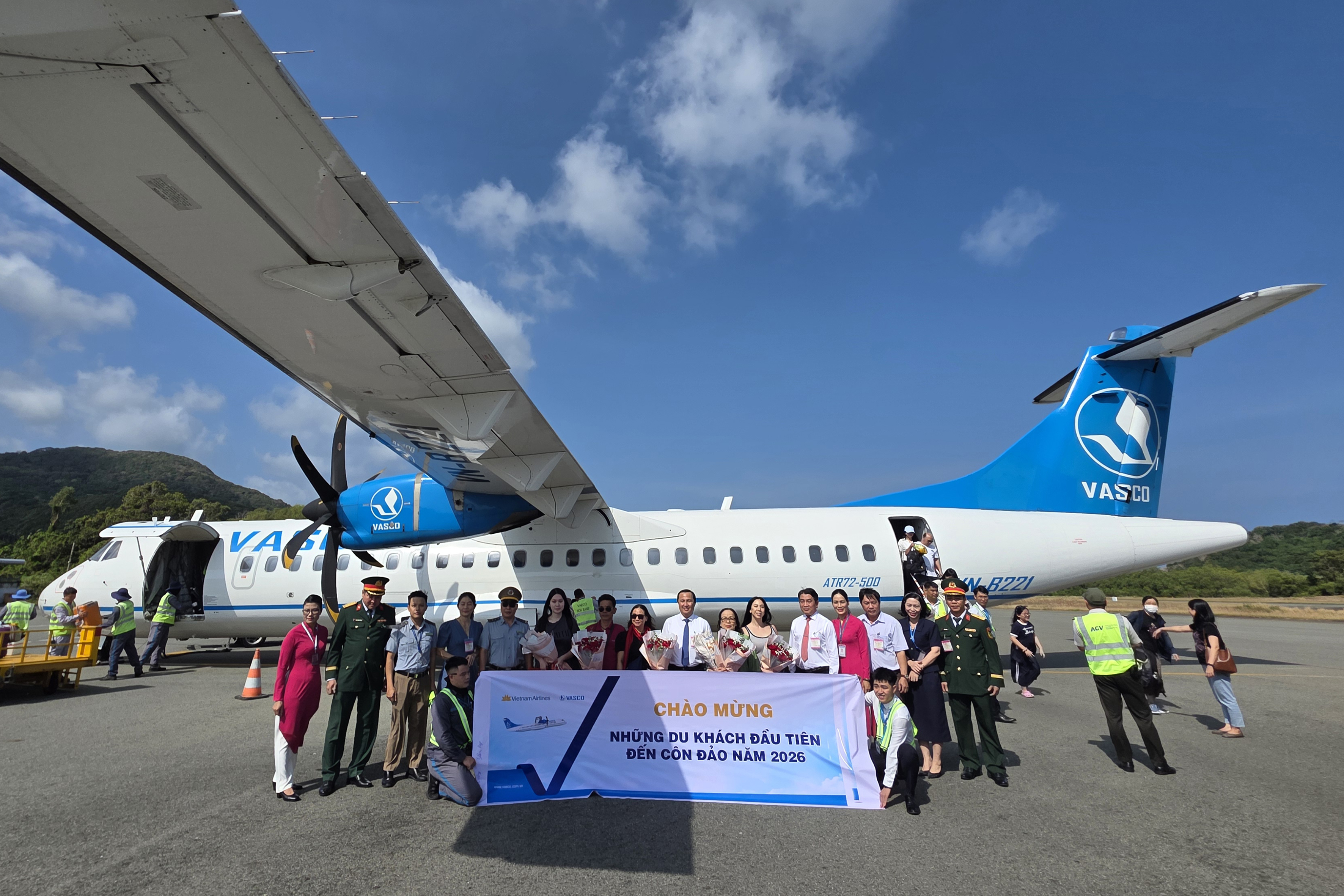“Without an automated solution for Covid-19 checks, we can see the potential for significant airport disruptions on the horizon,” said Willie Walsh, IATA’s Director General.
“Already, average passenger processing and waiting times have doubled from what they were pre-crisis during peak time, reaching an unacceptable three hours.
“And that is with many airports deploying pre-crisis level staffing for a small fraction of pre-crisis volumes.
“Nobody will tolerate waiting hours at check-in or for border formalities. We must automate the checking of vaccine and test certificates before traffic ramps-up.
The technical solutions exist. But governments must agree digital certificate standards and align processes to accept them. And they must act fast”.
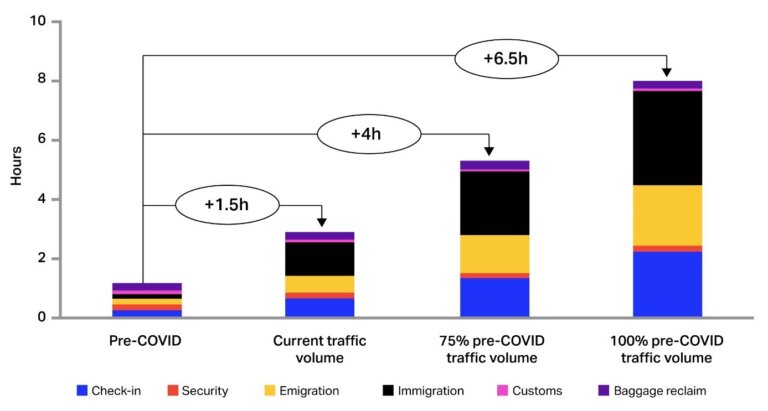
Over the past two decades air travel has been reinvented to put passengers in control of their journeys through self-service processes.
This enables travelers to arrive at the airport essentially “ready to fly”.
The G20 Rome Guidelines for the Future of Tourism call for a common international approach on Covid-19 testing, vaccination, certification, and information as well as promoting digital traveler identity.
The G7 discussions, which commence on 11 June, are the next opportunity for leading governments to develop a solution around four key actions by agreeing to: Issue vaccination certificates, issue Covid-19 test certificates, accept digital Covid-19 test and vaccine certificates at their borders and where governments require airlines to check travel credentials, governments should accept traveler friendly apps
“This cannot wait. More and more people are being vaccinated. More borders are opening,” said Walsh.
“Booking patterns tell us that pent-up demand is at extremely high levels. But governments and the competent authorities are acting in isolation and moving far too slowly.
“A smooth restart is still possible. But governments need to understand the urgency and act fast”.
IATA asks the G7 to work with the air transport industry to take leadership in restarting the global travel sector.
“A good first step would be G7 agreement, with industry input, on a common set of Covid-19 travel requirements,” said Walsh.
“The next step would be implementing and mutually recognizing those requirements.
“If the G7 took these leadership measures, the freedom to travel could be seamlessly restored for about a third of all journeys.
“Other countries could build on that leadership for a safe and efficient global restart of connectivity”.
Cre: ARGS
Nguyen Xuan Nghia – COMM



